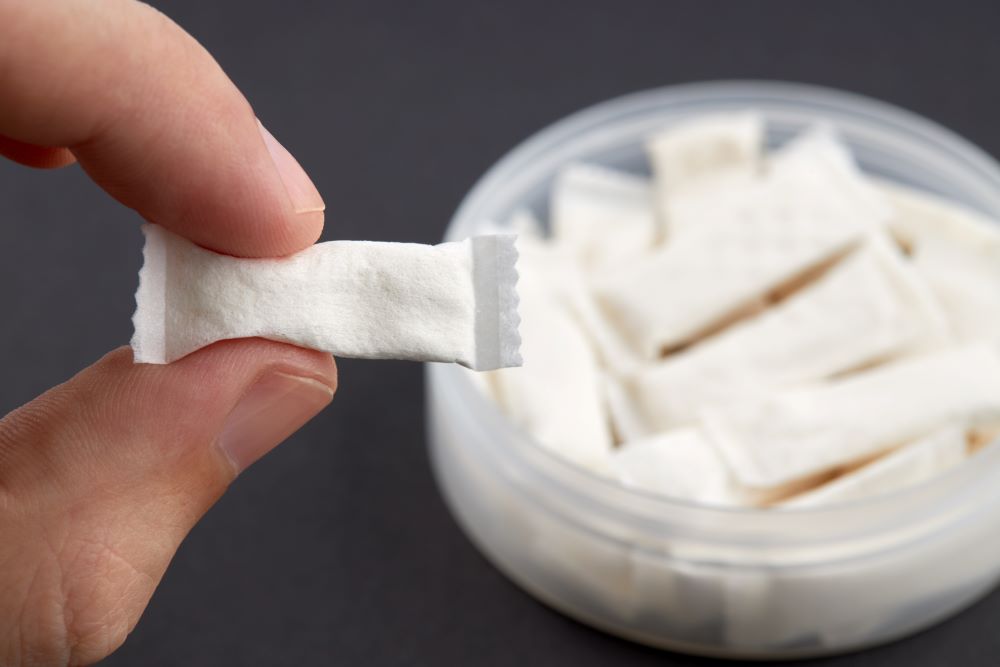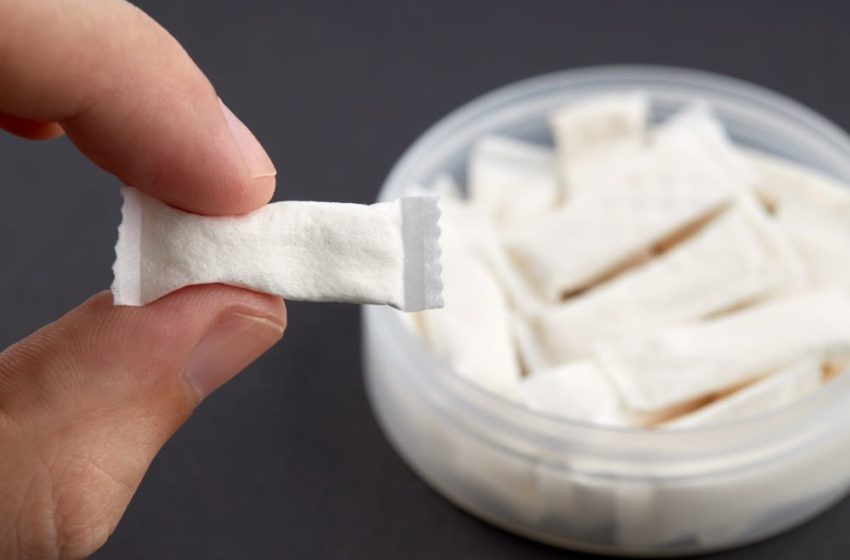
An official acknowledgement of nicotine pouches’ comparatively low risk clears the way for appropriate regulation in Germany.
By Stefanie Rossel
The news was a minor sensation given German authorities’ reluctance to acknowledge the reduced harm potential of novel tobacco products. On Oct. 7, 2022, the Federal Institute for Risk Assessment (BfR), a scientific institution of the German government, published a statement in which it confirmed that tobacco-free nicotine pouches could reduce the health risks compared to smoking.

The risk profile of modern oral nicotine products, as they are also called, is comparable to that of medical nicotine-replacement products such as nicotine patches, the institute wrote in its evaluation, which was published in several scientific journals, including Tobacco Control. Carried out by BfR scientists in August 2022, they study showed that aside from nicotine, the pouches contain no substances that present health concerns. In some samples, researchers detected traces of tobacco-specific nitrosamines, which are also found in medical nicotine-replacement products. According to Jan Muecke, chief executive of the German Association of the Tobacco Industry and Novel Products, this problem is solvable, however.
To protect consumers, the BfR recommended regulation of the manufacture, presentation and sale of nicotine pouches. Tobacco harm reduction advocates hope the findings will prompt German authorities to finally regulate modern oral nicotine products as tobacco products.
Nicotine pouches comprise small sachets with a mixture of cellulose fibers, flavorings, water, humidifying and gelling agents along with preservatives and artificial sweeteners. Since their introduction in Germany, they have existed in a regulatory gray area. Because the products contain nicotine, authorities decided that sales require monitoring. However, since the products are tobacco-free, the German tobacco product law does not apply.
Following several assessments and court rulings, German regulators classified modern oral nicotine products as food, making it subject to European food law. However, the European Union prohibits the use of nicotine as a food, food ingredient, food additive or food flavor, which means nicotine pouches classified as food may not be sold in the trade bloc. In March 2021, the administrative court in Hamburg confirmed that the sale of modern oral nicotine products was illegal. Other German courts have followed suit.
According to Muecke, the classification of nicotine pouches as food has been problematic because it misleadingly implies that the products are being eaten. “This is nonsense,” he says. “The products are consumed by putting the pouch between the upper lip and gum and leaving it there while the nicotine and taste is being released. After use, the complete pouch is disposed of. This makes them comparable to toothpaste or floss—no one would think of declaring these products as food.”
Regulation Protects Consumers
By classifying nicotine pouches as food, Germany is an outlier. In the 16 EU member states where modern oral products are available, they are regulated either as tobacco or as a consumer product. Demark and the Czech Republic have even created a new product category for nicotine pouches, defining them as tobacco surrogates and allowing the sale to adults.
Muecke welcomes the opportunity that the BfR assessment offers Germany to change its classification. “The BfR statement contains all data that are required for appropriate regulation of nicotine pouches,” he says. “Scientific studies have confirmed that if nicotine content is limited to a maximum of 20 mg per pouch, nicotine blood levels will not be higher than when smoking a combustible cigarette. We therefore hope that the government will take the request of the consumer protection conference of the federal states seriously who in 2021 had called for regulation of nicotine pouches under tobacco law.
“In the current state of legal uncertainty, modern oral nicotine is nevertheless on the German market—consumers buy their nicotine pouches online from abroad. These products often do not stick to nicotine limits, and child and youth protection cannot be efficiently controlled. Adequate regulation of nicotine pouches as tobacco products would hence protect consumers and youths.”
A chance for a change is already in sight: Under a delegated directive from the European Commission, the German government has until July 2023 to revise the country’s rules for heated-tobacco products (HTPs). “HTPs will be more strictly regulated in Germany in the future,” Muecke explains. “Therefore, it would make sense to find legal regulation for nicotine pouches during the same legislative process, which for HTPs will have to be concluded in the first half of 2023. To wait for a new version of the EU Tobacco Products Directive (TPD) that won’t be translated into national law until 2025 or 2026 would be wrong as unregulated online purchases of modern oral nicotine products with excessive levels of nicotine would continue to endanger consumers.”
The European Commission intends to publish a draft of the revised TPD in 2024. While the wording is still unknown, the public has an opportunity to share its views through a consultation. Muecke encourages all stakeholders to take part, for example through the German-language website dein-ding.de.
While it would technically be possible to regulate nicotine under the revised TPD, this is not Muecke’s preferred solution. “The products are on the market right now and available in 16 EU member states, especially in most of our neighboring countries, hence Germany shouldn’t be an island of prohibition,” he says. Muecke suggests regulators use the TPD’s e-cigarette regulations as guidelines for modern oral nicotine products.
Muecke is confident that appropriate regulation for the novel oral nicotine products will be implemented in Germany. “A ban of nicotine pouches would not be in accordance with the principle of risk minimization,” he says. “The government must create a possibility for consumers to buy such reduced-risk products at retailers—it’s an absolute necessity.”













